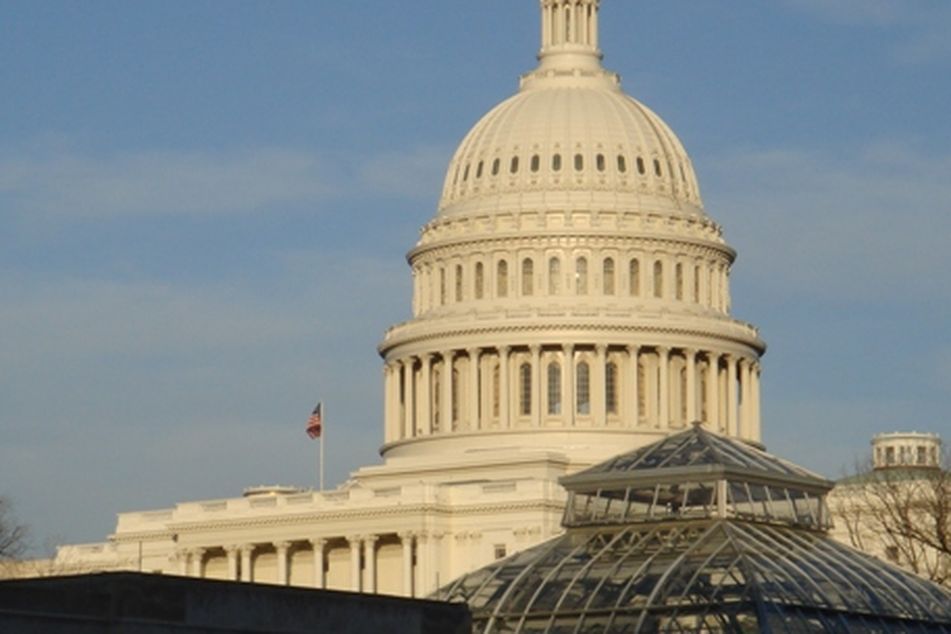Blame game over Madoff — SEC v. Finra — raises advisers’ ire

Republicans point finger at SEC to deny funding, support SRO
When Congress returns from its Independence Day recess next week, the House is poised to take up an appropriations bill that includes the Securities and Exchange Commission budget.
Republicans are almost certain to bring up the $65-billion Bernard Madoff investor ripoff to justify denying the SEC its full budget request – a tack that rankles investment advisers. In fact, it’s like finger nails scrapping down a chalk board for them.
The measure approved by the House Appropriations Committee last month included a $50-million increase for the agency, which is $195 million less than the $245-million boost it is seeking for its $1.32-billion budget.
In the appropriations panel deliberations, Rep. Jo Ann Emerson, R-Mo., provided a flavor of the GOP argument. She said that “stove pipes” at the agency had prevented the sharing of information in databases that might have allowed the SEC to catch the Madoff scheme earlier.
The Madoff fumble is the first item in a laundry list of criticisms that Ms. Emerson leveled at the SEC, which she said has received better funding increases over the years than many other federal agencies.
“I don’t believe we should be throwing money at the SEC at this time,” Ms. Emerson said before the June 20 Appropriations Committee vote on the bill that contains the SEC funding. “They are not starved for resources. You can’t buy a better regulator.”
In promoting his bill that would authorize one or more self-regulatory organizations for investment advisers, House Financial Services Committee Chairman Spencer Bachus, R-Ala., is more explicit in blaming the SEC for Madoff. He contrasts favorably the 58% inspection rate of the brokers overseen by the Financial Industry Regulatory Authority Inc. with the 8% annual rate for the advisers under the SEC aegis.
“Finra regulated the broker-dealer sides of Madoff,” Mr. Bachus said at a June 6 hearing on his SRO legislation. “It was the investment adviser side where the fraud went on. So, [Finra] could not regulate that. That was up to the states and the SEC where that fraud took place.”
Whenever I quote Mr. Bachus to this effect in a story, I am sure to get a few emails from advisers, sometimes in ALL CAPS to emphasize how they think Mr. Bachus has his facts wrong.
They remind me that Mr. Madoff did not register as an investment adviser until 2006. Before that, he only was a broker-dealer. One touchstone for their case that Finra has some culpability is January 2009 congressional testimony by John Coffee, a professor of law at Columbia University.
Mr. Coffee told the Senate Banking Committee that the Mr. Madoff’s brokerage fell within the jurisdiction Finra and the National Association of Securities Dealers, Finra’s predecessor. He said that Finra should have reviewed internal controls at Madoff’s firm, which should not have been able to stiff arm Finra inspections or information requests.
“I express no view on whether the NASD or Finra necessarily should have uncovered the Madoff fraud, but I reject as overbroad the claim that they had no jurisdiction or reason to inquire,” Mr. Coffee said in prepared testimony.
The SEC, of course, overlooked or refused to act on clues about Mr. Madoff’s malfeasance as well. But advisers bristle when it’s only the SEC shortcomings that are highlighted on Capitol Hill.
“Both the SEC and the NASD/Finra missed it,” said David Tittsworth, executive director of the Investment Adviser Association. “There’s plenty of blame to go around.”
Finra spokeswoman Michelle Ong said that Finra did not have jurisdiction over Mr. Madoff’s investment-adviser business. A 2009 report by a Finra special review committee concluded that the agency’s reach should be extended to allow it to enforce the Investment Advisers Act of 1940 for firms dually registered as broker-dealers and investment advisers.
“Mr. Madoff’s fraud highlights how our current fragmented regulatory system can allow bad actors to engage in misconduct outside the view and reach of some regulators,” Ms. Ong wrote in an email.
Lately, SRO proponents have been highlighting Mark Spangler, former chairman of the National Association of Personal Financial Advisors, as a reason why an SRO is needed – and implying that he is a kind of Madoff of the advisory sector.
We’ll probably never have a definitive conclusion to the Madoff culpability debate. In the meantime, both sides of the SRO issue will continue to point fingers.
Learn more about reprints and licensing for this article.








